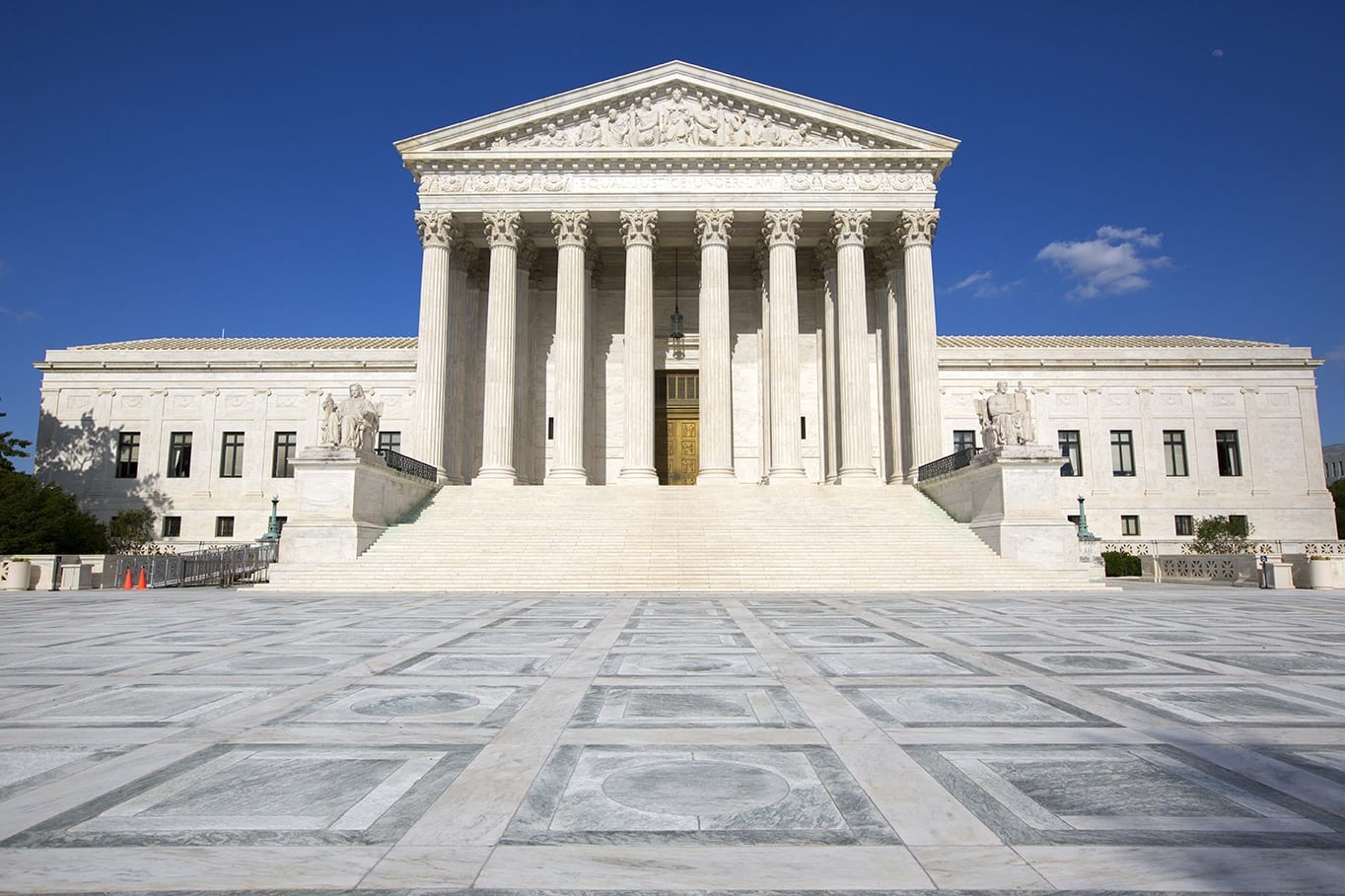Part 1: How Could the New Administration Impact Net Neutrality and Consumer Privacy?
Anyone involved in telemarketing or collections wonders what the new administration portends for the Federal Communications Commission (FCC). It’s an admissible concern. The FCC governs national and international communications on a number of channels, so changes to it could hugely impact call center regulations and practices.
The most pressing issues number two:
1. Net Neutrality and Consumer Privacy
2. Robocalling Regulations
Both could affect call centers greatly, particularly if they employ cloud-based call center software. Such platforms facilitate different types of calls, and some provide online customer self-help tools. Even if they don’t provide the latter, net neutrality could affect remote employees and day-to-day workflows.
Because the two subjects are rather large, we’ll study them in two posts. We’ll begin with a discussion of net neutrality and privacy rules.
What is Net Neutrality?
Net neutrality is a principle that says all internet traffic should be treated equally, or neutrally. The principle sounds great in theory, but it rarely works as well in practice. Internet Service Providers (ISPs) shouldn’t be able to throttle traffic, but they occasionally do—sometimes without warning customers, explaining the multitude of complaints sent to the FCC.
Why is It Important?
Net neutrality affects more than shows on Netflix or photos on Flickr. It impacts anyone using the internet, potentially even call centers with video and online chat functions. If that call center were to hit a data cap, chat sessions and dial-up speed could slow down or stop functioning entirely. That’s no good for call center agents, departments, and companies that live and die by customer satisfaction ratings.
But net neutrality isn’t necessarily a black-or-white regulation. Some argue against it, saying that ISPs need to treat traffic differently in order to provide optimal service to customers. The point has some validity; streaming video, for instance, requires more bandwidth than uploading customer data. Others suggest that the regulation cramps capitalism and results in ISP monopolies.
What Net Neutrality Regulations and Privacy Rules Exist Now?
The last administration passed a couple of regulations related to net neutrality. The regulations basically set the rules by which ISPs can play. In particular, ISPs can’t block lawful content; they can’t throttle specific content or services; and they can’t accept fees (i.e., bribes) from services for enhanced speeds.
The FCC also passed several privacy rules in the fall of 2016, basically making it responsible for protecting consumers’ information—a role typically embodied by the Federal Trade Commission (FTC). Their rules, unlike the FTC’s, address specific internet entities (namely, ISPs) rather than all of them. The FCC says the change is for the good of consumers, but the argument falls to pieces quickly. A study from Peter Swire at Georgia Tech shows that non-ISPs, such as Google and Facebook, collect more personally identifiable information (PII) than any ISP ever did, does, or likely will do.
What Changes is the New Administration Proposing?
The new administration hasn’t committed to any sweeping changes yet, but multiple industries, including telecommunications and collections, are on high alert. Their concern likely lies with the newly appointed FCC Chairman, Ajit Pai, who vehemently opposed the net neutrality rules passed in 2015. Pai could also repeal the privacy rules, which would return the protection of consumers’ privacy to the FTC.
However, Pai may not hold the Chairman position permanently. The FCC currently claims two open positions, which means new players could join the field. The two will have to come from separate parties—the U.S. president can’t have an FCC “in his pocket”—so one of them could fill the Chairman slot.
How Could Those Changes Affect Call Centers?
Changes to net neutrality rules wouldn’t seem to affect call centers, but they could. If ISPs were able to throttle traffic or accept “fees” for higher speeds, they could increase internet subscription prices. Call centers using cloud-based software could subsequently pay more to receive high-speed internet service or access unlimited data plans.
If consumer protection were to become the FTC’s responsibility again, oversight and enforcement could increase. Call centers already following TCPA guidelines and regulations shouldn’t have much to worry about, but they should still audit their data collection practices and processing policies. They should also follow the privacy conversation closely since it could impact how they conduct business and interact with customers.
Changes to net neutrality and consumer privacy could come with the new administration, but you shouldn’t be afraid of them. Instead, prepare for any eventuality, change or no change. To get started, check out “The Complete Guide to TCPA Compliance” now.
